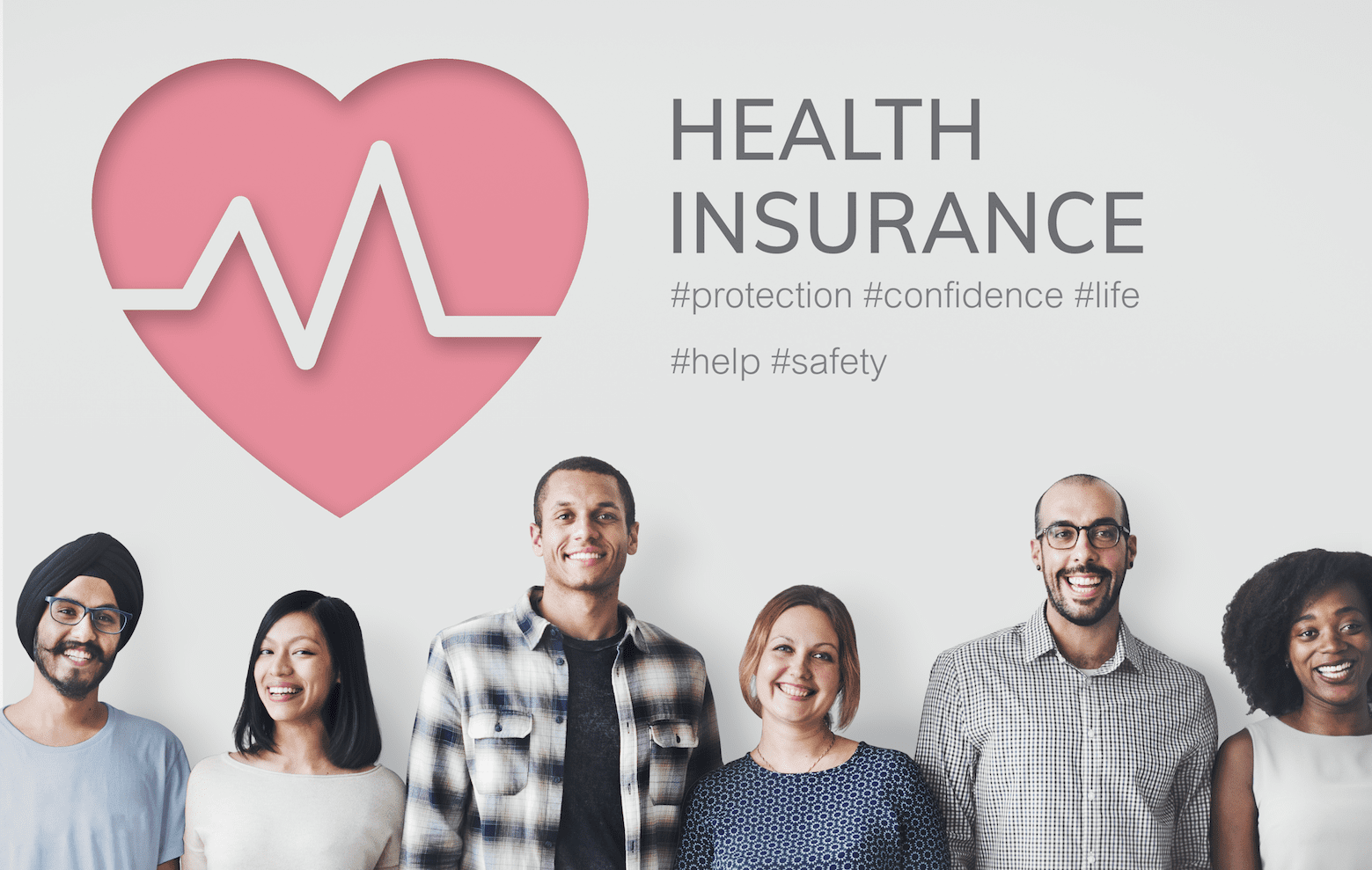
Do I really need travel insurance?
It’s safe to say many of us are dreaming of travelling once again, whether near or far. In those dreams, our trips are flawless, with great sites, great food, great people. If all your past trips have gone smoothly, or even if you’ve had a minor health issue in a destination with accessible, affordable healthcare, you may be questioning whether you can get away without travel insurance.
While chances are your future travels will be just as smooth, seasoned travellers know not everything always goes according to plan. And as insurers, we’ve seen the costs of an accident or illness on vacation.
To help you prepare for your next trip, let’s break down what travel insurance can offer.
Emergency Health Coverage
This is the most important type of coverage you should have when travelling. Emergency out-of-country medical coverage will pay if you have an accident or unexpected illness during your trip. Healthcare costs in some countries can be staggering, including our southern neighbour where a hospital stay can be thousands of dollars per day. Another benefit that is often overlooked is support in navigating the health system in a foreign country and finding quality care quickly. This can make the difference to your health and potentially salvage your trip.
Health Plus plans include emergency health coverage for up to 60 days per trip. Coverage includes:
- 24/7 access to a travel assistance hotline, for help accessing safe, local medical care
- Medical costs such as exams and hospitalization
- Emergency medical transportation or repatriation, if necessary
- Certain out-of-pocket expenses in the event of hospitalization (e.g.child care)
What about COVID?
At the beginning of the pandemic, many insurers limited coverage for COVID-19 related expenses in accordance with travel restrictions. Most of those limitations have since been lifted, although specific coverage will vary by insurer. Cooperators, who provide the travel insurance included in Health Plus plans cover COVID-19 while travelling. Tests required for travel purposes such as border crossing are not covered. If you have a pre-existing condition or any chronic health issue, make sure you check your policy for any exclusions related to travel.
Trip Cancellation, Interruption & Lost Baggage
Many people focus on these areas of coverage, because let’s face it, having to cancel or reschedule a trip or losing your belongings is disappointing, stressful, and expensive. Others take the approach, don’t travel with anything you can’t afford to lose. After all, your belongings can be replaced, your health cannot. If you do choose to purchase this type of travel insurance (it’s not included in Health Plus plans), it is important to read your policy as many have restrictions and limitations.
It’s always up to you to determine how much risk you’re willing to take. But when it comes to your health, we advise you to protect yourself when travelling. The risk to your wallet, health, and trip just isn’t worth it. Check your existing coverage to determine exactly what you’re already covered for and work with a qualified advisor to fill in any gaps.



